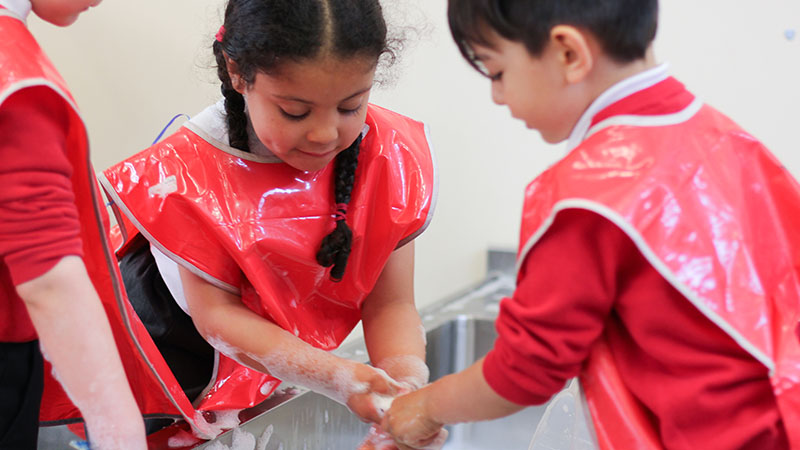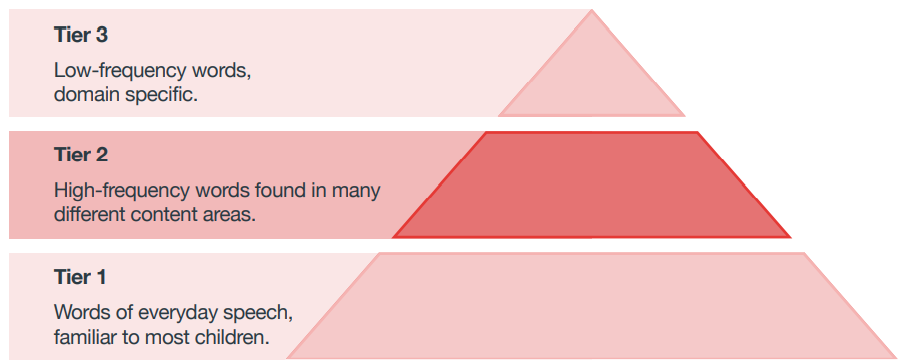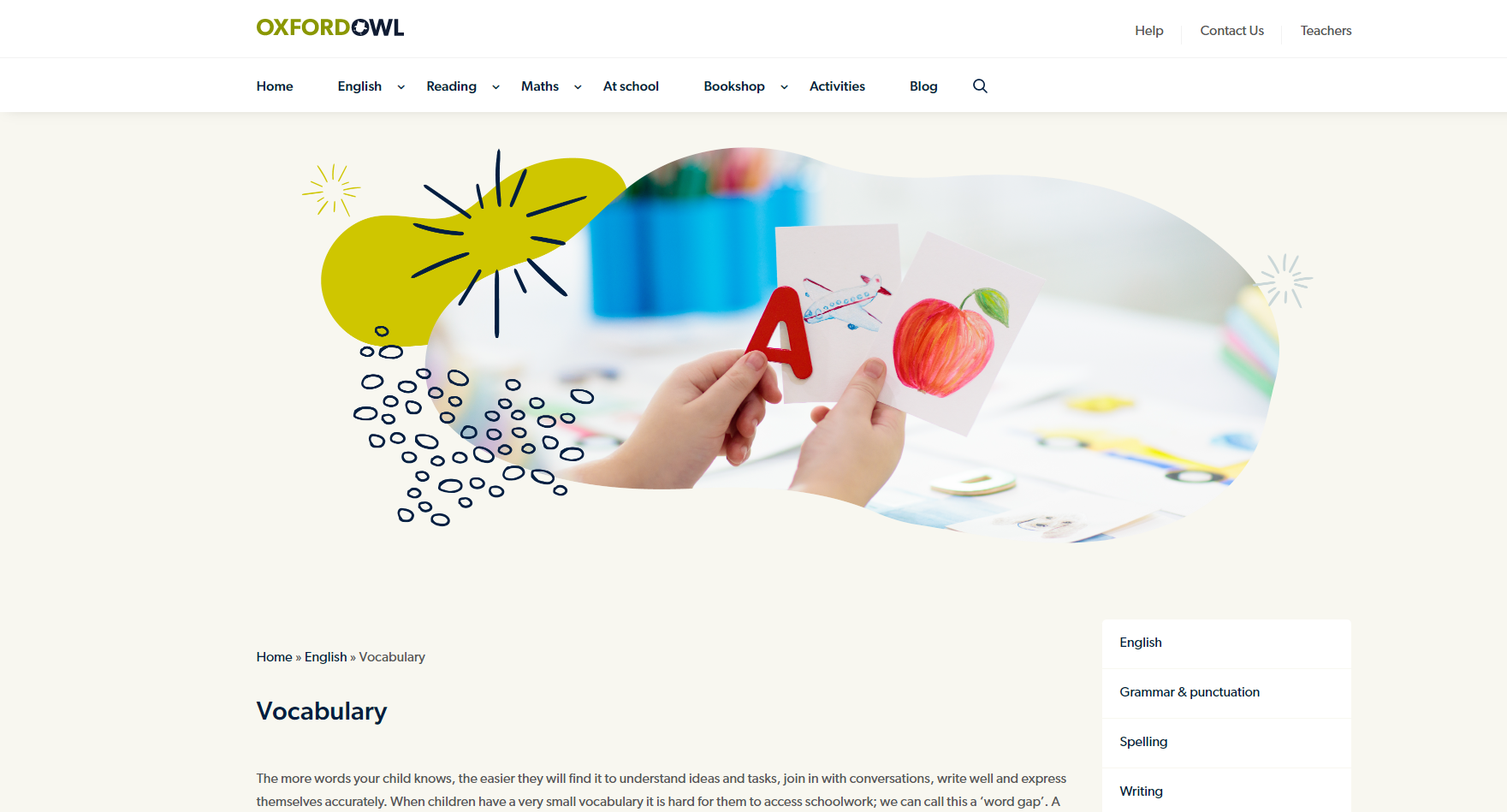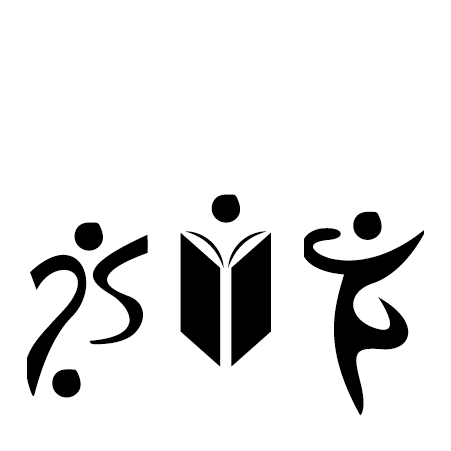Vocabulary development
Communication and language provide the foundations of learning, thinking and well-being. Research shows that the size of a child’s vocabulary is a strong predictor of reading success and also for future academic achievement. At Linthorpe Community Primary School, we prioritise language development through high-quality interactions and a carefully planned curriculum.
Vocabulary is infused throughout the whole of our curriculum leading to pupils’ greater understanding of the world around them. We have a strong aspiration to close the vocabulary gap so that children can have greater success as adults and therefore greater mental health. We use research-informed evidence to structure the teaching and learning of new vocabulary.


To help ensure all children have a vocabulary-rich understanding, we:
- provide children with a language rich environment
- explicitly teach high frequency words and subject specific words (see below)
- provide daily reading opportunities that include vocabulary that is unfamiliar
- prioritise high quality interactions with children
- practise formal and informal vocabulary
Teaching vocabulary
Words can be organised into three tiers.
We use Tier 1 words every day in the classroom
We select and explicity teach Tier 2 words from our daily reading books. Some Tier 2 words are also defined on our subject knowledge organisers.
Tier 3 words are the technical words we use in our curriculum subjects. These words are explicitly taught and can be found on our subject specific knowledge organisers.


Websites & Blogs
https://home.oxfordowl.co.uk/english/primary-vocabulary/
This website provides lots of advice and tips on how to develop vocabulary.
This article provide practical tips for developing vocabulary in children
Useful tips and books to develop vocabulary
- Teach children to use a dictionary and thesaurus.
- Play word games such as, ‘Boggle’, ‘Scrabble’ and ‘Bananagrams’.
- Label objects around the home and use a wide range of adjectives to describe them.
- Read different types of books, discuss the meaning of any new words that are read.


